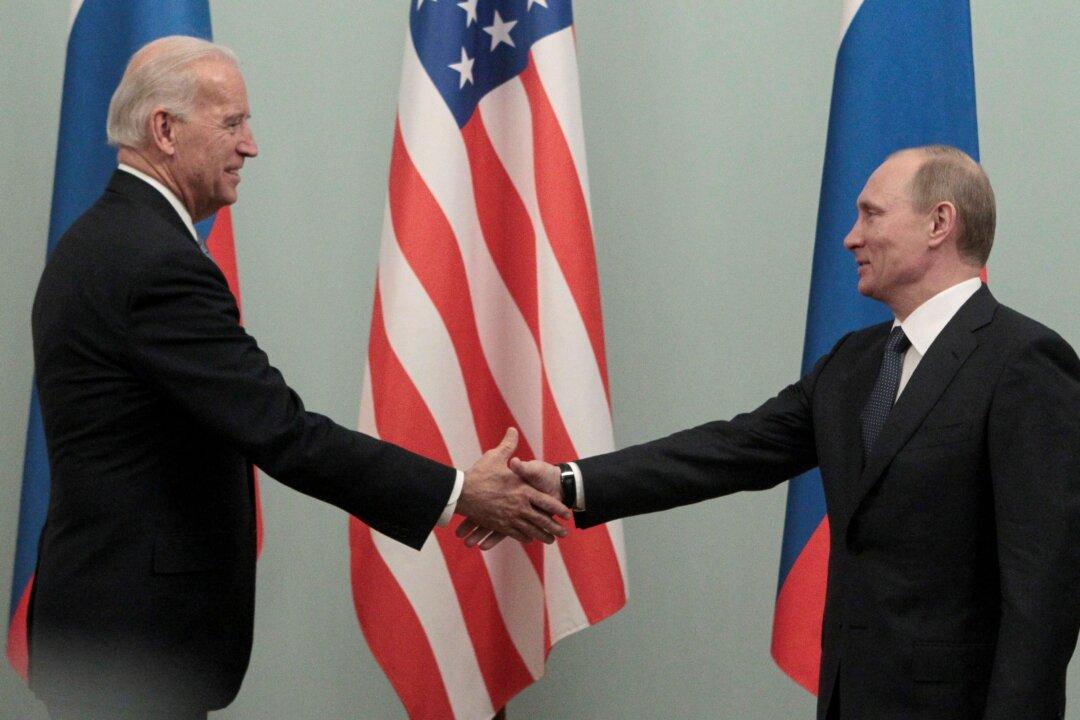The Biden administration on April 15 imposed fresh sanctions on Russia and expelled some diplomatic personnel over cyberattacks allegedly carried out by Moscow against the United States.
President Joe Biden signed an executive order that “provides strengthened authorities to demonstrate the Administration’s resolve in responding to and deterring the full scope of Russia’s harmful foreign activities,” the White House said in a statement.





